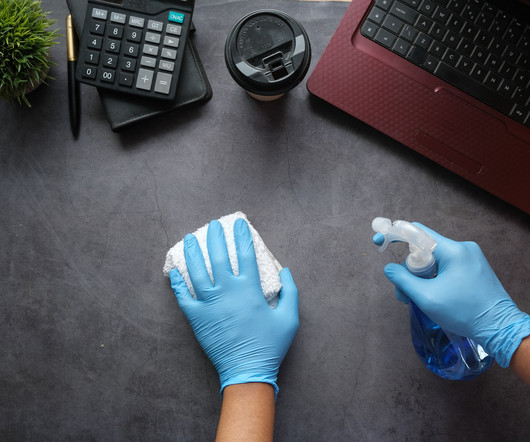How Can Educational Institutions Mitigate Cybersecurity Threats in Education?
Kitaboo
SEPTEMBER 6, 2022
Malware is malicious software designed to infect or damage the system and networks. In such a scenario, it is vital to create access control limiting an individual’s access only to programs they need. Malware can wreak havoc on an organization’s network, damaging files and systems and stealing sensitive information.













Let's personalize your content